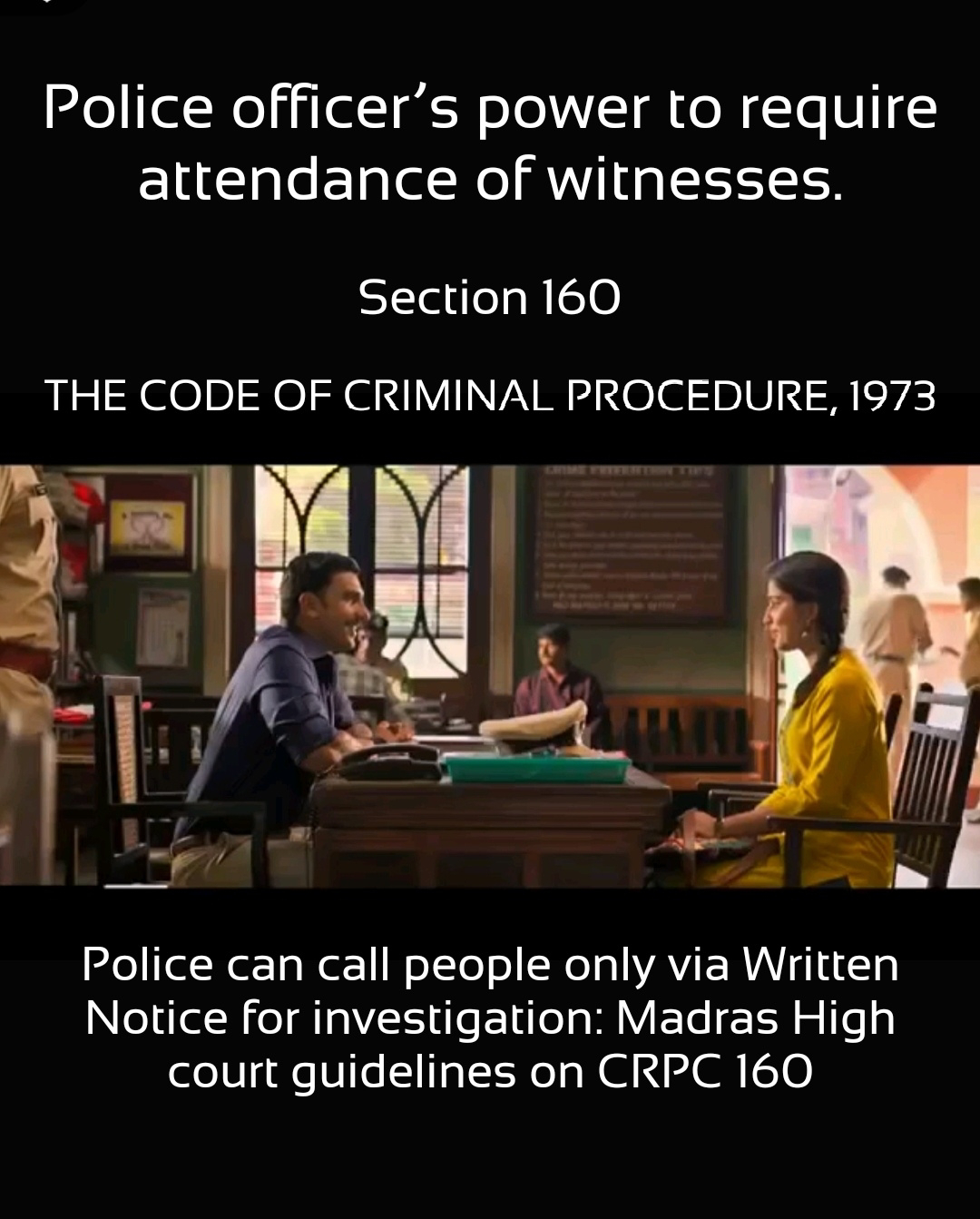Fundamental Rights in India

'Fundamental Rights' are the basic human rights guaranteed by the Constitution of India. The six fundamental rights include: 1) The Right to Equality (Article 14, 15, 16, 18) 2) Right to Freedom (Article 19, 20, 21, 21A, 22) 3) Right against Exploitation (Article 23, 24) 4) Right to Freedom of Religion (Article 25, 26, 27, 28) 5) Cultural and Educational Rights. (Article 29, 30) 5) Right to Constitutional Remedies. (Article 32) The Constitution broadly provides for five kinds of "prerogative" Writs: 1) Habeas corpus, 2) Certiorari, 3) Mandamus, 4) Quo warranto and 5) Prohibition. Writ in India is the formal order of the court directing the authorities if there is a violation of the Fundamental Rights by a government authority or body. You can file a writ petition in the Supreme Court under Article 32 of the Indian Constitution, whereas you can file the writ petition in High Court under Article 226 of the Indian constitution.








